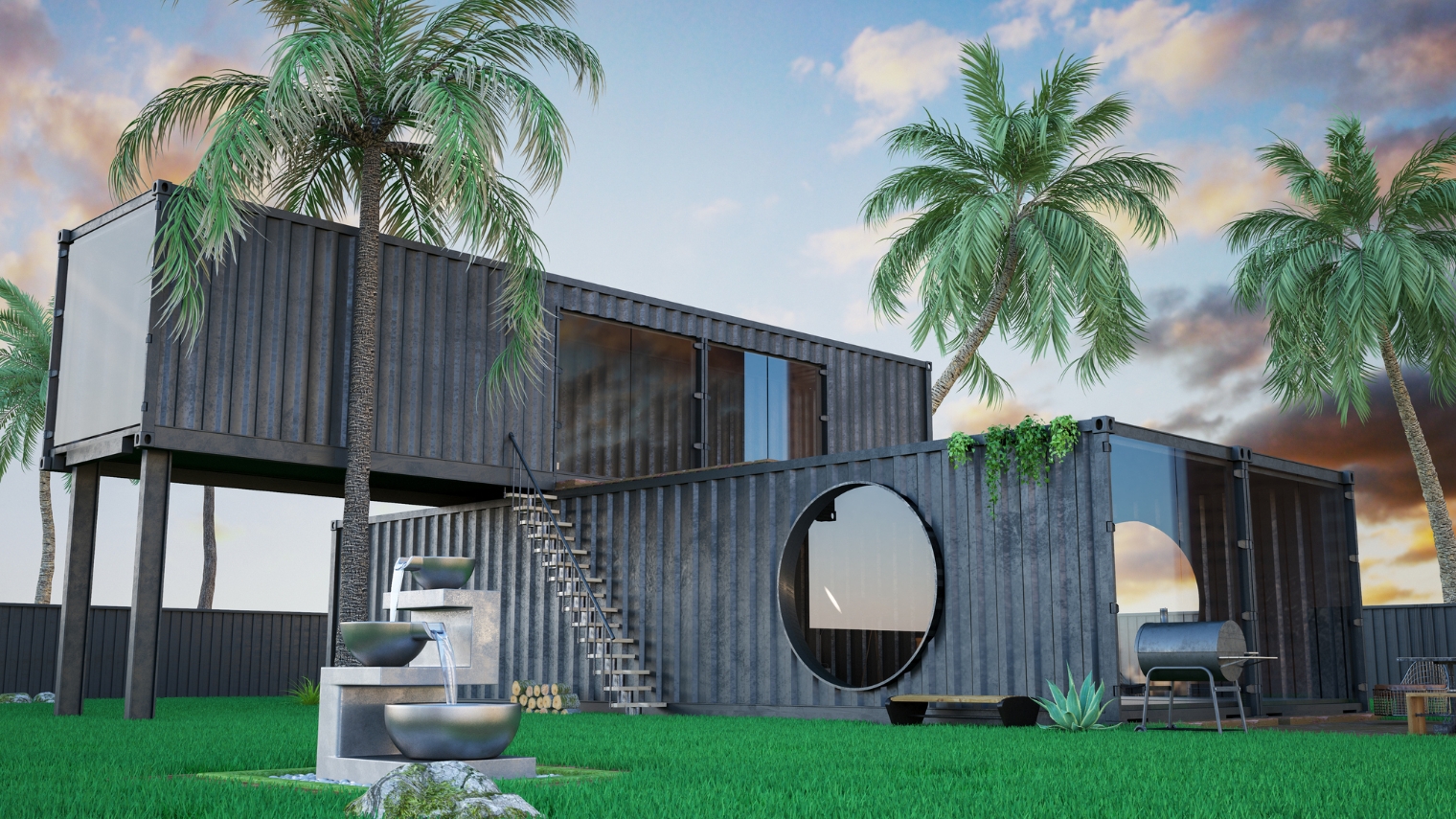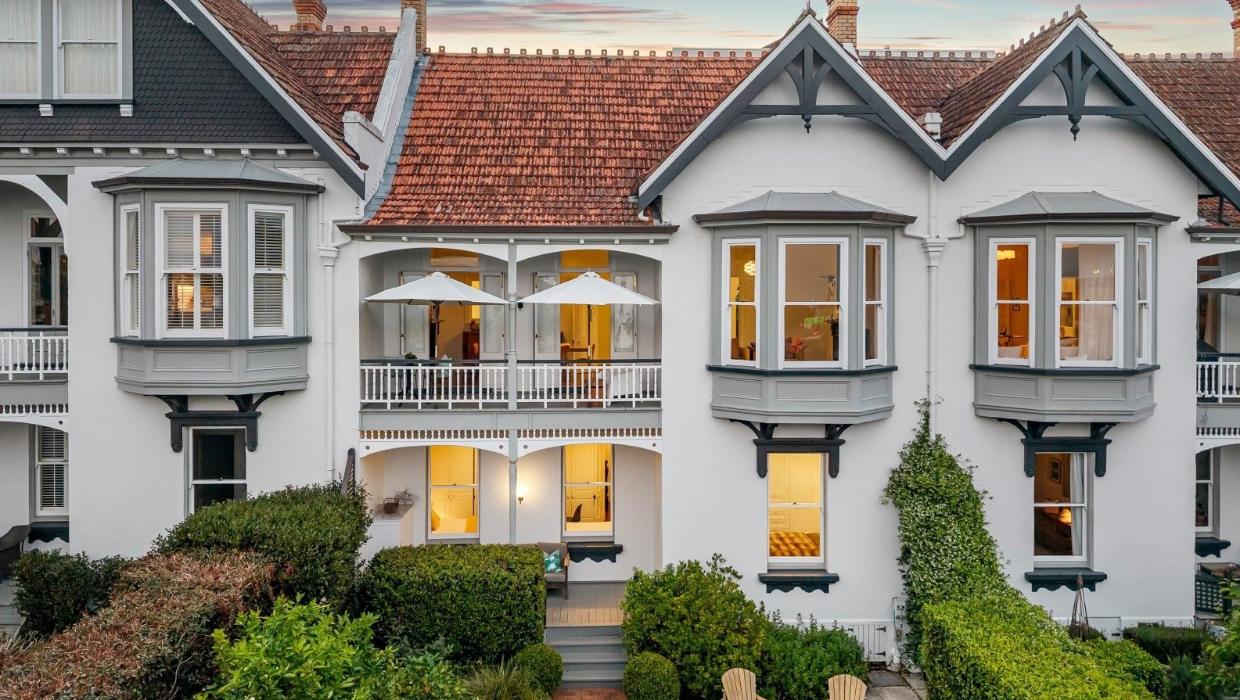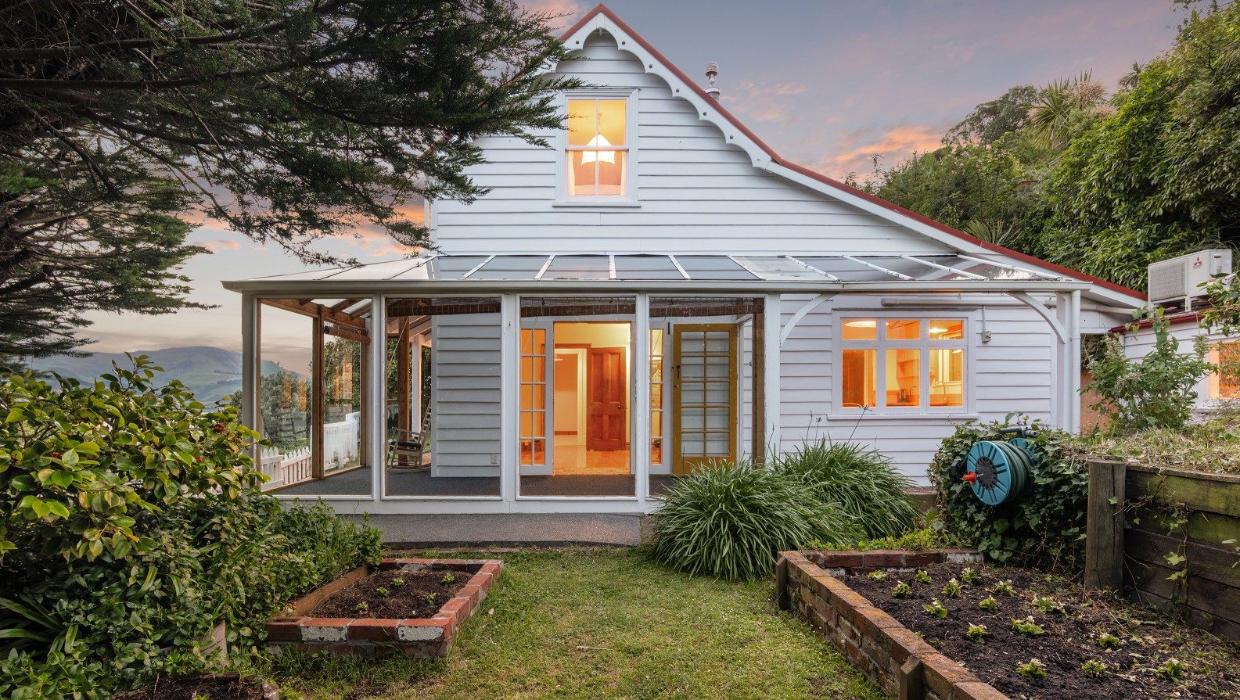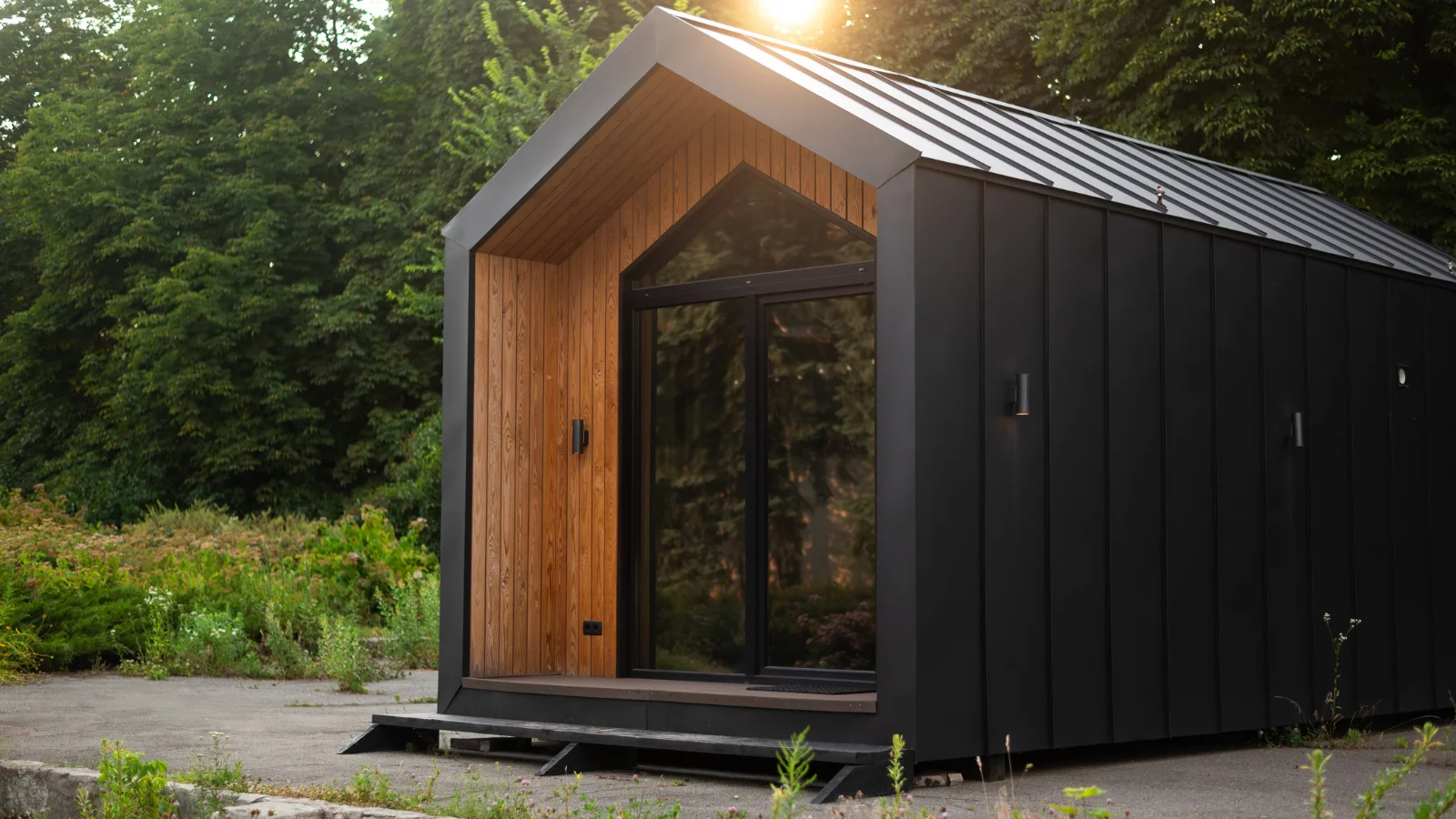Buying guide
Guide to container homes + The best builders
Is this a cheaper, smarter way to build? Let’s see.

Building a house in New Zealand costs a small fortune - just under half a million dollars on average. But there are several options that may be more affordable if you’re willing to compromise, like for example, container homes.
Unfortunately building one of these isn’t as simple as plonking a shipping container on your land and moving in; you’ll still need foundations, framing, windows, electrical, plumbing, exterior cladding, roofing, and possibly council consent. To get you started, we’ve put together a comprehensive beginners guide to container homes in NZ.
Why build a container home?
- Cost: container homes may not be as cheap as you’d expect, due to the amount of labour required to make them habitable, but they may still be cheaper than a traditional build especially if they’re prefabricated.
Build time: container homes can be much quicker to build than traditional homes.
Architecturally interesting: there’s something cool about building a home out of containers. These homes tend to have clean, modern lines, lots of light, and a more efficient footprint than traditional builds.
Sustainability: shipping container homes can be more sustainable than traditional homes if they’re built well.
Durability: shipping containers are built to last in the toughest conditions, so with good maintenance there’s no reason why your container home can’t last 50 years or more.
The build process
Container homes require most of the fixtures, fittings, and features that regular builds do to be habitable. That includes, windows, insulation, internal doors, ventilation, heating, gib, electrical, flooring, roofing, cabinetry, paint, and all the stuff that makes a building feel like a home.
Because of that, building a shipping container home can be complex, just like a regular build. Here’s how the process works:
Design
In most cases it’s a good idea to get an architect or draftsperson who’s experienced in container homes to help you come up with a design for your building. They can ensure that all designs meet the building code, and local council requirements (as well as being liveable).
Consent
Building, and/or resource consent may be necessary for your container home, depending on your local council’s rules, the size of the build and the service it requires (plumbing, electrical, sewerage, gas, fireplace etc). Make sure you look into this in detail and with the help of your builder and/or designer as soon as possible, as consents can take a while.
Foundations
Just like a regular build, shipping container homes need strong foundations. These may be a little different to regular foundations, as they also need to protect the container from moisture that may cause corrosion.
Container homes can make great family homes.
Delivery to site
Once your foundations are built your container/s will be delivered to site, usually with windows, doors, and openings for services pre-cut. They’ll be put into place, then welded together as required.
Framing, cladding, and roofing
With containers in place, you and/or your builder will frame the interior, so that it can be lined and insulated. During this stage before the interior lining goes on, plumbers, electricians, gasfitters etc will connect your container home to services.
Next comes cladding the exterior with timber, brick, or other materials for design and extra insulation (this is optional, you can simply paint your container and leave it exposed, but many people clad them to improve its appearance and extend its life). Roofing is also necessary, as flat roofs (like the ones containers have) tend to leak and rust over time.
Internal fitout
Now for the fun part! During this stage kitchens are built, walls are painted, bathrooms are tiled, and all interior fitout is completed. Once this is done your container will start looking like a home.
Shipping container home builders in NZ
You could build a shipping container home yourself, sure. But the fact is, they are just as complex as traditional builds and require just as much expertise. That’s why as a general rule it’s best to work with an expert - here are a few of the best known providers in NZ:
Container homes can be built in countless configurations.
Flexicube NZ
Out of all the container home suppliers and builders in NZ, Flexicube has the slickest website and the most clearly defined offering. Their containers are all fully insulated with spray foam, can be delivered NZ wide and built in a matter of weeks, and include a 10 year structural warranty. A finished studio home starts from around $79,000, with three bedroom options going up to $249,000+.
Taylor Made Container Homes
Taylor Made are a Cromwell based container home designer, and builder, who also help with consent and delivery. Their approach is a bit more custom than flexicube as they don’t offer off the shelf plans, and they also help with design for commercial buildings like onsite offices, demo stands, and temporary accommodation.
Confab Homes
Confab Homes are a Hamilton based container home builder that also offers slider homes and container pools. They offer custom design as well as a number of standard designs, with prices starting at $45,000 for a 20 foot studio container home, to $79,000 for a 40 foot 1+ bedroom home.
SCF
If you’re going down the custom route and want to source your own shipping container, the SCF website is a good place to start your search. They sell 8-40 foot shipping containers in a variety of conditions, and have locations throughout the North and South Island.
Author
Search
Other articles you might like






